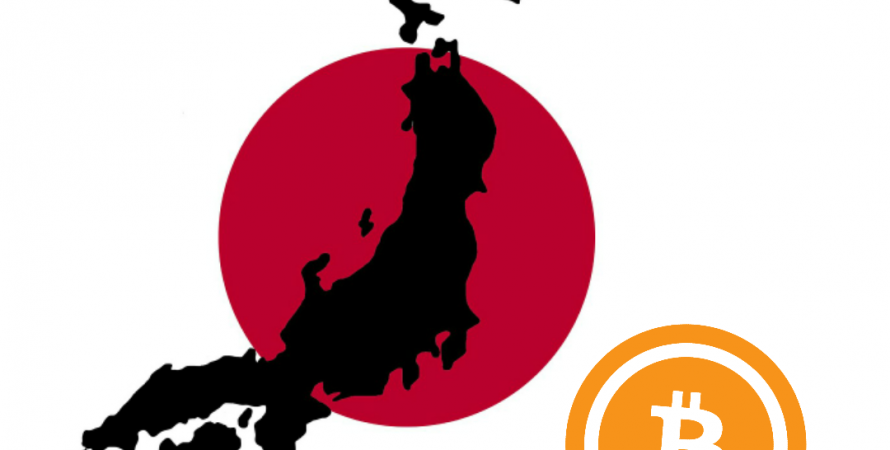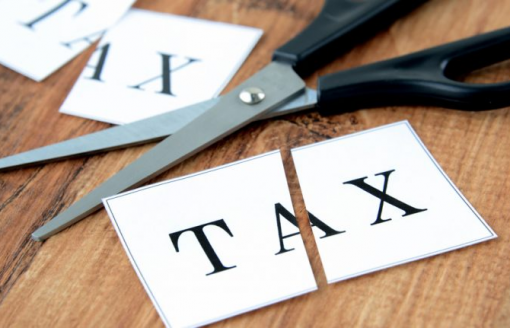Ever since Bitcoin came into existence in 2009 and gave birth to a whole new class of virtual tokens called cryptocurrencies, numerous scams and hacks have taken place, thanks to lax security protocols on exchanges and gullible investors. Following the astronomical growth of the cryptocurrency industry and a series of high profile hacks, many countries have now begun regulating cryptocurrency exchanges and businesses.
Following one such hack on Coincheck, an unlicensed cryptocurrency exchange in Japan, which resulted in the loss of $533 million this January, the country’s financial services minister announced an on-site inspection of 15 yet to be licensed crypto exchanges. Japan’s market watchdog, the Financial Services Agency (FSA) is set to conduct the inspections for the appraisal of safety measures adopted to prevent hacks. Earlier, the FSA had directed exchanges to file reports on safety measures they’d undertaken. The watchdog has also asked the hacked exchange to file a report on the steps taken to prevent future hacks. It is notable that Japan recognises cryptocurrencies as a legal payment instruments, and is one of the most cryptocurrency friendly jurisdictions in the world today.
Meanwhile, the Indian government has adopted a tough stance on unregulated Crypto exchanges which are used for money laundering and the financing of unlawful activities. The state has cracked down on crypto exchanges over the past few months with raids and scrutiny of user records held by the exchanges. The government has also directed the exchanges to maintain a list of users while conforming to KYC (Know Your Customer) and AML (Anti Money Laundering) norms. Some other countries like South Korea and China have banned all crypto exchanges. In Europe and the USA, cryptocurrency exchanges operate under KYC and AML norms.
Source – Japan launches on site crypto exchange inspections after big hack






Billionaire George Soros could be the latest crypto convert